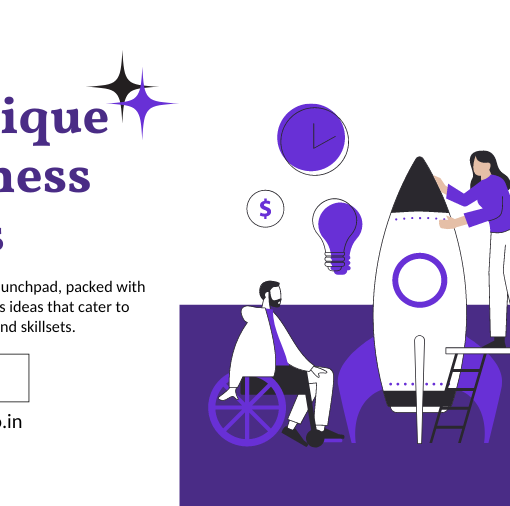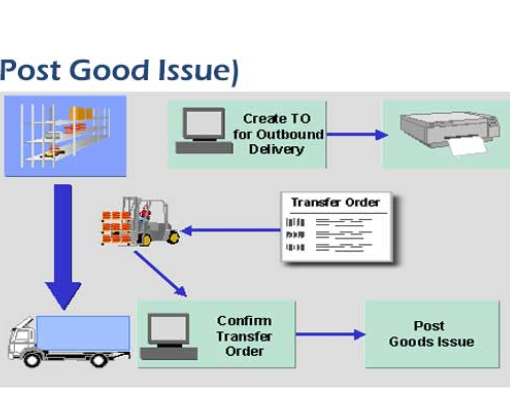Introduction: SAP consulting services USA vs India companies
In today’s globalized business landscape, SAP, a leading enterprise resource planning (ERP) software, has become a cornerstone for organizations worldwide. To leverage the full potential of SAP, businesses often seek the expertise of SAP consulting firms. When considering SAP consulting services USA vs India companies, organizations are faced with a crucial decision: should they choose a firm based in the USA or one in India? This article will delve into the key factors that differentiate SAP consulting services between these two countries, helping you make an informed choice.

Understanding SAP Consulting Services
Before diving into the comparison of SAP consulting services USA vs India companies, let’s clarify what SAP consulting services entail. Essentially, SAP consultants provide expert guidance and assistance to businesses throughout the entire SAP lifecycle. This includes:
- Implementation: Assisting organizations in selecting, customizing, and deploying SAP solutions that align with their specific business needs.
- Integration: Integrating SAP with existing systems and applications to ensure seamless operations.
- Optimization: Identifying opportunities to improve efficiency, reduce costs, and enhance performance within the SAP environment.
- Support: Providing ongoing maintenance, troubleshooting, and technical support for SAP systems.
Key Factors to Consider
When evaluating SAP consulting firms in the USA and India, several key factors should be taken into account:
1. Cost
- Cost-effectiveness: India is often known for its cost-effective IT services, including SAP consulting. This can be a significant advantage for organizations seeking to optimize their IT budgets.
- Hidden costs: While initial costs may be lower in India, it’s essential to consider potential hidden costs such as communication challenges, cultural differences, and potential issues related to data security and privacy regulations.
2. Expertise and Experience
- Global reach: US-based firms often have a broader global footprint, allowing them to draw on a wider range of expertise and experience.
- Industry specialization: Both US and Indian firms can offer industry-specific expertise, but it’s crucial to assess their experience in your particular industry.
3. Cultural Fit
- Communication styles: Cultural differences can impact communication styles and collaboration. It’s important to choose a firm whose communication style aligns with your organization’s preferences.
- Time zone differences: Time zone differences can affect responsiveness and collaboration. Consider the potential impact of time zone differences on your project timeline.
4. Data Security and Privacy
- Compliance: Ensure that the firm complies with relevant data security and privacy regulations, such as GDPR (General Data Protection Regulation) and CCPA (California Consumer Privacy Act).
- Data sovereignty: If your data is highly sensitive, consider the location where the data will be stored and processed.
5. Project Management and Delivery
- Methodology: Evaluate the firm’s project management methodology and their track record of delivering projects on time and within budget.
- Client references: Request references from previous clients to assess their satisfaction with the firm’s services.
6. Scalability and Flexibility
- Growth: Consider the firm’s ability to scale its services to meet your organization’s evolving needs.
- Flexibility: Assess the firm’s flexibility in adapting to changes in project scope or requirements.
Comparing US and Indian SAP Consulting Firms
US-Based Firms
- Strengths: Strong global presence, deep industry expertise, established reputation, often aligned with Western business practices.
- Potential Challenges: Higher costs compared to India, potential language barriers if communicating with non-English-speaking teams.
India-Based Firms
- Strengths: Cost-effective services, often highly skilled technical expertise, strong focus on customer satisfaction.
- Potential Challenges: Cultural differences, potential communication challenges, concerns about data security and privacy, especially if dealing with sensitive data.
Hybrid Approach
In some cases, a hybrid approach combining the strengths of both US and Indian firms can be beneficial. This could involve partnering with a US-based firm that has a subsidiary or partner in India, allowing you to leverage the cost advantages of India while benefiting from the global reach and expertise of the US firm.
Conclusion
The choice between US and Indian SAP consulting firms ultimately depends on your organization’s specific needs and priorities. Consider factors such as cost, expertise, cultural fit, data security, project management, and scalability when making your decision. By carefully evaluating these factors, you can select a SAP consulting firm that will provide the best value and support for your business.
YOU MAY LIKE THIS
Understanding SAP IDoc Table Errors: A Comprehensive Guide
ABAP Test Cockpit(ATC) – Introduction and Steps
Understanding IDoc Status in SAP SD: A Comprehensive Guide
Electronic data interchange in e commerce




